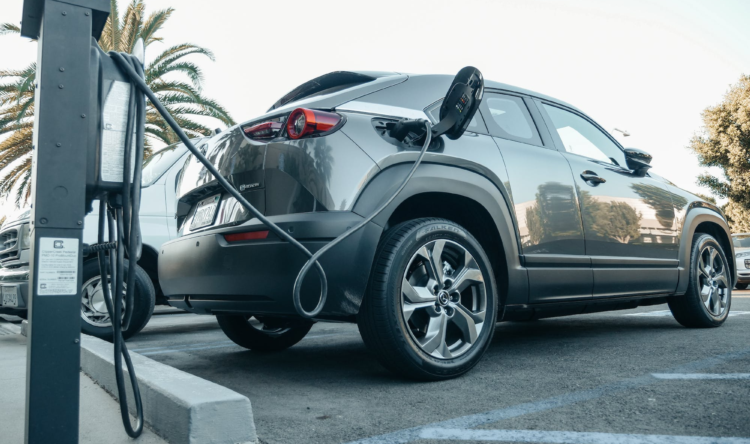Autonomous driving – who’s in control?
Law Commissions report places responsibility on manufacturers for self-driving
Car makers should be made responsible for crashes caused by autonomous vehicles.
The Law Commission of England and Wales and the Scottish Law Commission believe car makers should be legally responsible for their self-driving cars. It forms part of a joint report for the safe and responsible introduction of self-driving vehicles.
In the driving seat
Under the proposals, a car having “self-driving features” in-use negates the responsibility the person in the driving seat for how the car drives. Instead, the registered manufacturer should face regulatory sanctions if anything goes wrong.
It recommends introducing a new Automated Vehicles Act, regulating vehicles that can drive themselves. There should be a clear distinction should be made between features which just assist drivers, such as adaptive cruise control.
Nicholas Paines QC, public law commissioner, says it is “an unprecedented opportunity to promote public acceptance of automated vehicles”. He believes the recommendations provide “safety assurance and clarify legal liability”.
The future on the road
Modern vehicles are fitted with many driver assistance systems. In the future, the report anticipates development to a point where an automated vehicle will be able to drive itself for at least part of a journey. The conclusions come after a consultation into the legal ramifications of autonomous driving technology.
Jim Holder, editorial director, What Car? describes it as a “crucial first step in a line of many legal questions autonomous vehicles must navigate”.
He believes that the legislation “will act as a significant incentive for manufacturers to ensure any product they introduce is safe and trustworthy”.
Holder adds that the decisions “will also flush out those not willing to make the investment”, and that this could encourage “joint ventures and further sharing of technology”.
“As manufacturers continue to develop autonomous technology, it’s imperative the legislation keeps up. The UK has a real chance at becoming a leader in the autonomous sector, but it cannot be done without the appropriate legal framework in place.”
Official accountability
The Law Commission recommends a new system of legal accountability. Self-driving technology means the person in the driving seat would no longer be a driver, but a “user-in-charge”. They would then have immunity from a wide range of offences, from dangerous driving to exceeding the speed limit or running a red light. However, the user-in-charge will retain other driver duties, such as carrying insurance, checking loads or ensuring that children wear seat belts.
In the case of autonomous taxis or minibuses, where there is no driver, any occupants of the vehicle would simply be passengers. Instead of having a ‘user-in-charge’, a licensed operator would be responsible for overseeing the journey.
Matthew Avery, chief research strategy officer at Thatcham Research, says the report is “a significant step”. He believes it “provides important legal recommendations and clarity for the safe deployment of vehicles with self-driving features”.
Public concerns
It will be for the UK, Scottish and Welsh Governments to decide whether to accept the Commissions’ recommendations. The introduction of legislation will be needed to bring them into effect.
However, a recent survey found that more than two-thirds of motorists disagree with the UK Government. They believe that self-driving cars shouldn’t be allowed on UK roads. A consumer survey carried out by What Car? found 76% of drivers are uncomfortable with the idea of sharing a road with a self-driving vehicle. Furthermore, 29% think their introduction to UK roads is a good idea.







